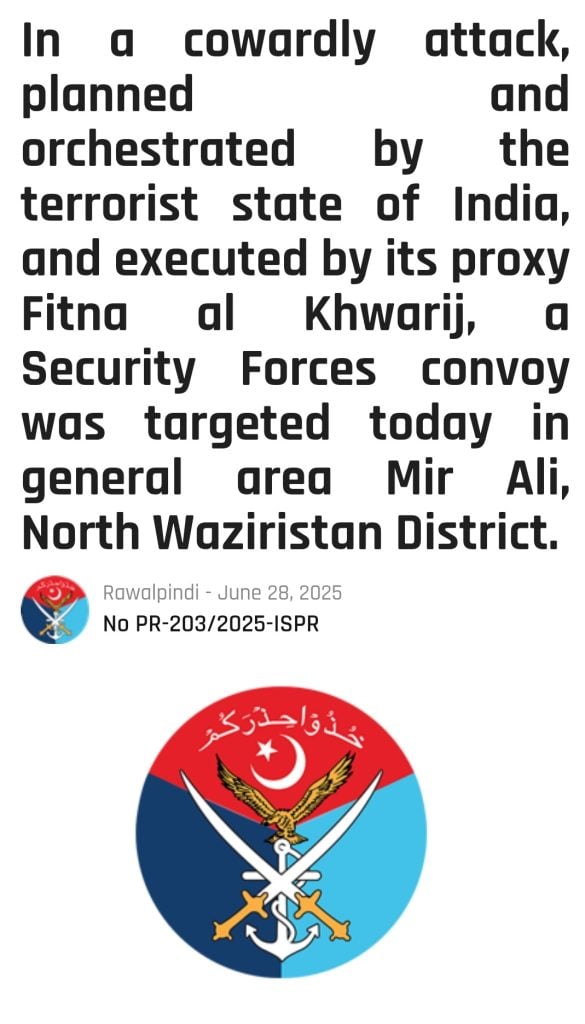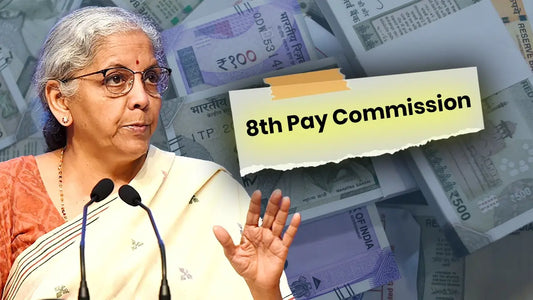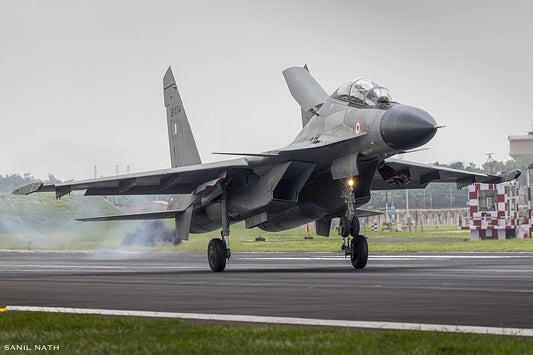Pakistan Accuses India Over Suicide Bombing Despite Taliban Group Admission

Following a tragic suicide bombing that resulted in the deaths of at least 16 soldiers in North Waziristan, the Pakistan Army has pointed fingers at India for orchestrating the attack, despite a Taliban-linked group already claiming responsibility. The accusation, which lacks supporting evidence, has come under scrutiny from analysts who see it as a continuation of Pakistan’s tendency to externalize its internal security issues.
The attack occurred in the Khaddi area near the Afghan border, a location plagued by long-standing militancy. A suicide bomber in a vehicle targeted a military convoy, leading to significant casualties and destruction. The Hafiz Gul Bahadur group, a splinter faction of the Tehrik-i-Taliban Pakistan (TTP), quickly claimed responsibility for the attack, stating it was part of their ongoing campaign against the Pakistani state.

Despite this, Pakistan’s military leaders accused Indian intelligence of orchestrating the attack, describing it as a covert operation to destabilize the region. They provided no evidence to support this claim, and India has not issued an official response. Observers note that such accusations are common in the tense relationship between India and Pakistan, especially following major attacks.
Experts in security have highlighted that the Hafiz Gul Bahadur faction has a well-documented history of similar attacks in Pakistan’s tribal regions, especially following the Taliban's resurgence in Afghanistan. Analysts suggest that Islamabad’s efforts to attribute the attack to India may be an attempt to deflect attention from domestic intelligence and policy shortcomings. This is particularly significant as Pakistan’s strategy of engaging certain militant groups for strategic purposes appears to be faltering.
In response to the attack, security measures in North Waziristan have been intensified, with curfews imposed and military operations ongoing. Hospitals in the area are overwhelmed with the injured, both military personnel and civilians.
International reactions have been cautious, with calls for restraint and transparency. The United Nations and other international bodies are closely monitoring the situation, concerned about potential renewed diplomatic tensions between India and Pakistan. According to regional analysts, the promotion of a false narrative could hinder efforts to tackle the rising threat of militancy rooted within Pakistan’s own borders.



















